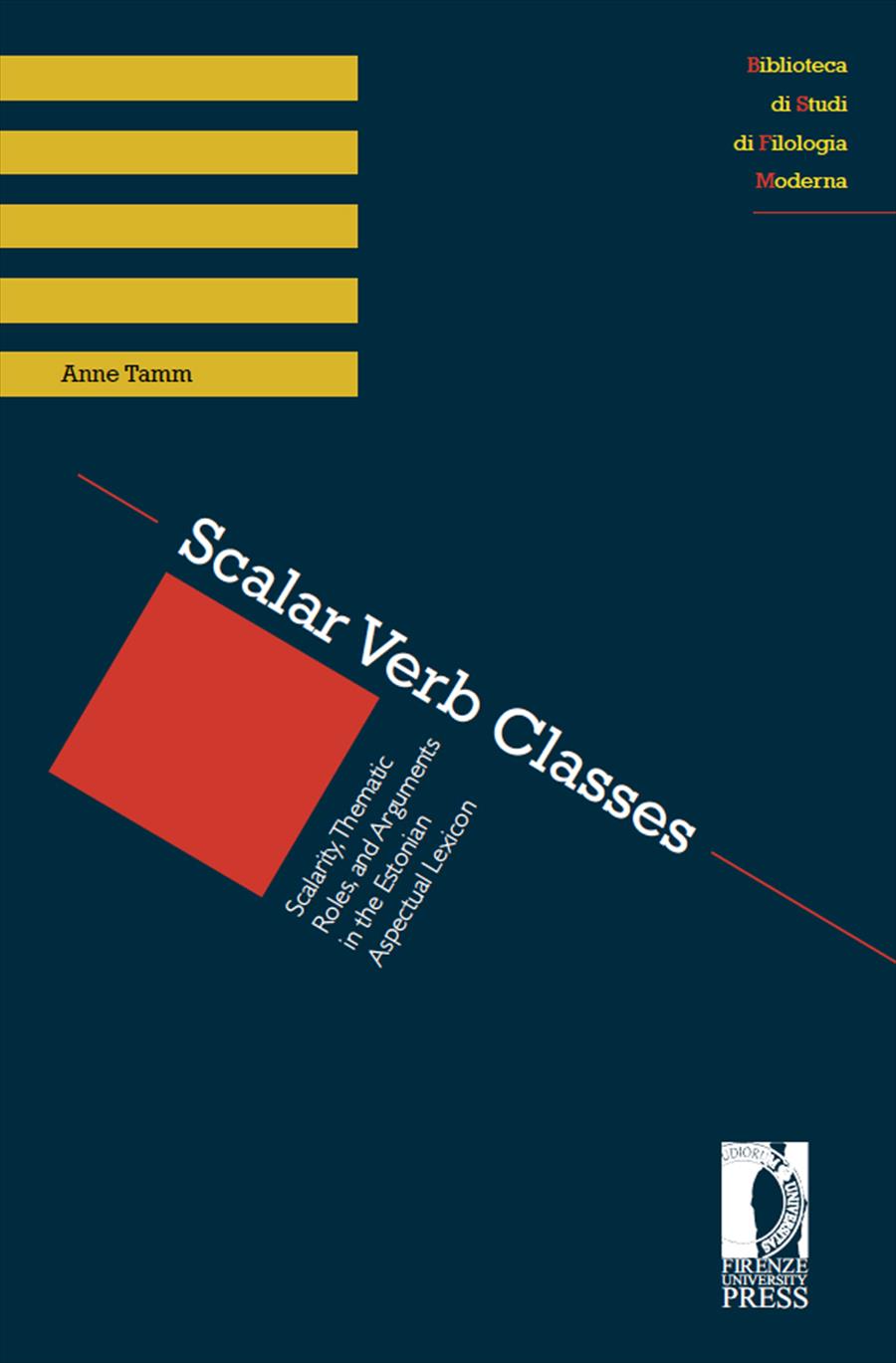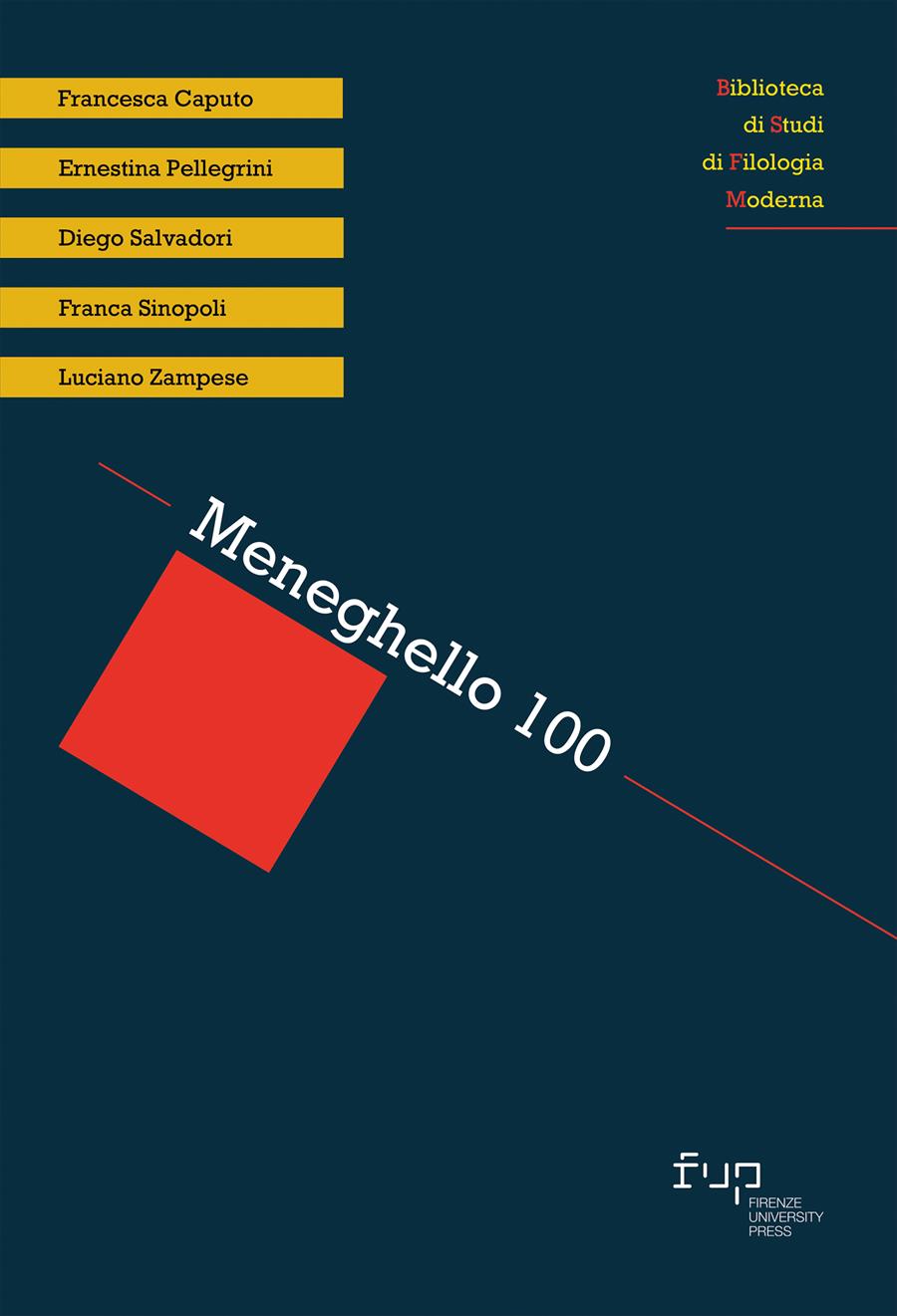Scalar Verb Classes
Scalarity, Thematic Roles, and Arguments in the Estonian Aspectual Lexicon
- Anne Tamm,
This monograph discusses scalar verb classes. It tests theories of linguistic form and meaning, arguments and thematic roles, using Estonian data. The analyses help to understand the aspectual structure of Estonian. In Estonian, transitive verbs fall into aspectual classes based on the type of case-marking of objects and adjuncts. The book relates the morphosyntactic frames of verbs to properties typically associated with adjectives and nouns: scalarity and boundedness. Verbs are divided according to how their aspect is composed. Some verbs lexicalize a scale, which can be bounded either lexically or compositionally. Aspectual composition involves the unification of features. Compositionally derived structures differ according to which of the aspectually relevant dimensions are bounded.
- DOI: 10.36253/978-88-6655-055-6
- Series: Biblioteca di Studi di Filologia Moderna
- Scientific Board
- Language: English
- Subjects: Linguistic
- Download PDF
-

- © 2012 Author(s)
- CC BY-NC-ND 3.0 IT
University of Florence, Italy - ORCID: 0000-0002-5804-0174
- Publication Year: 2012
- Pages: 249
- eISBN: 978-88-6655-055-6
- Content License: CC BY-NC-ND 3.0 IT
- © 2012 Author(s)
- Publication Year: 2012
- eISBN: 978-88-9273-626-9
- Content License: CC BY-NC-ND 3.0 IT
- © 2012 Author(s)
Bibliographic Information
Book Title
Scalar Verb Classes
Book Subtitle
Scalarity, Thematic Roles, and Arguments in the Estonian Aspectual Lexicon
Authors
Anne Tamm
Peer Reviewed
Publication Year
2012
Copyright Information
© 2012 Author(s)
Content License
Metadata License
Publisher Name
Firenze University Press
DOI
10.36253/978-88-6655-055-6
eISBN (pdf)
978-88-6655-055-6
eISBN (xml)
978-88-9273-626-9
Series Title
Biblioteca di Studi di Filologia Moderna
Series E-ISSN
2420-8361






